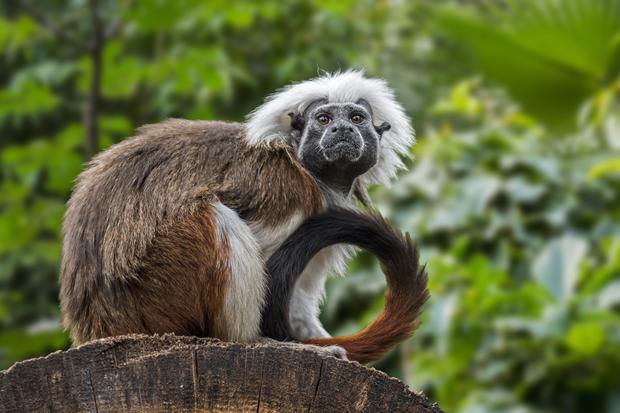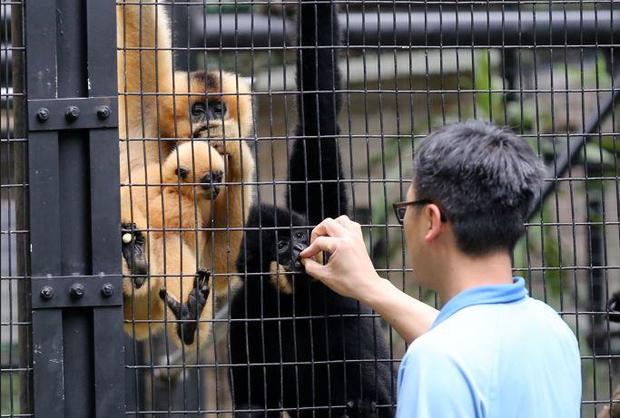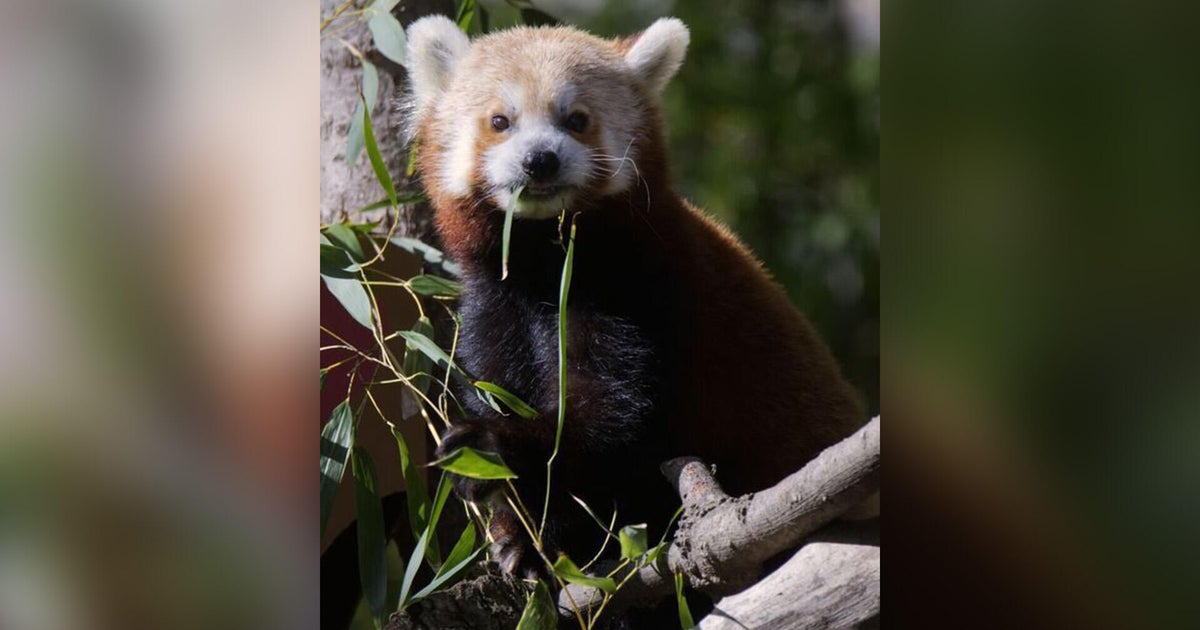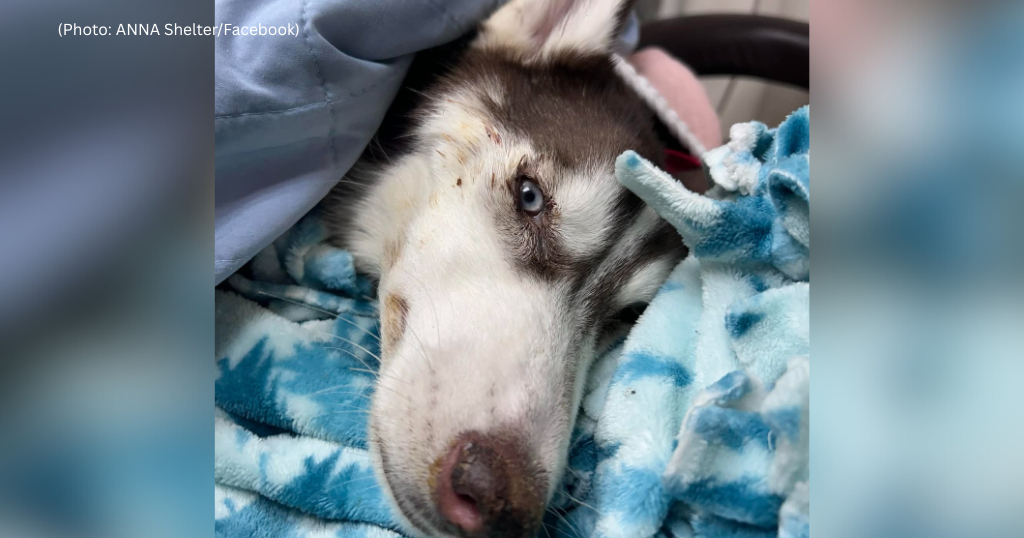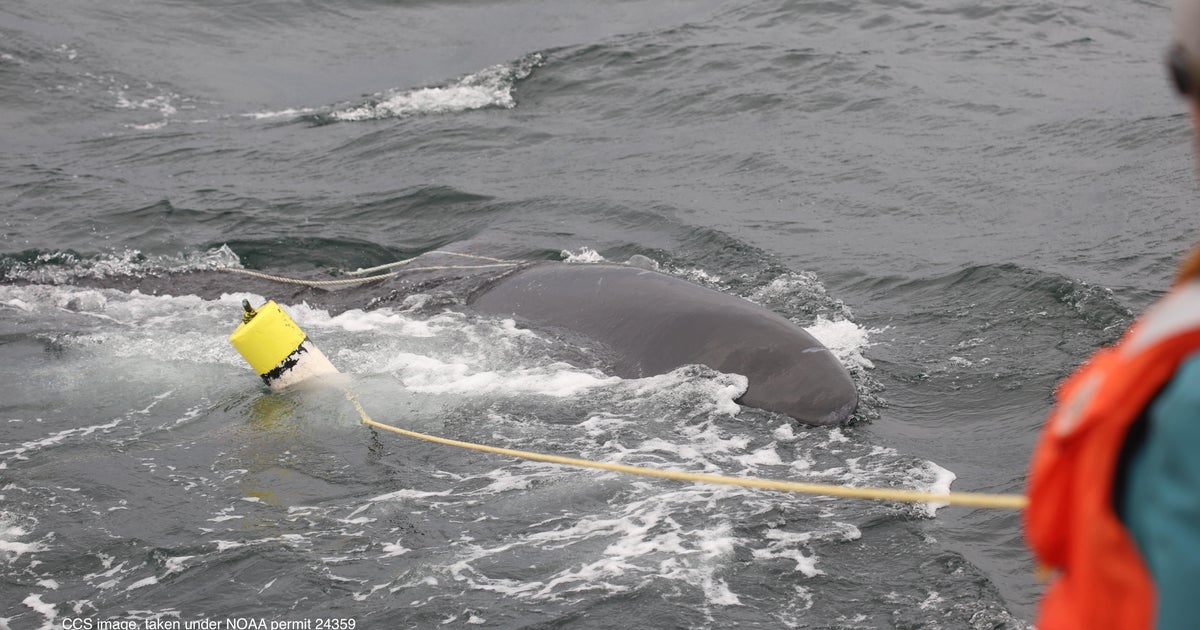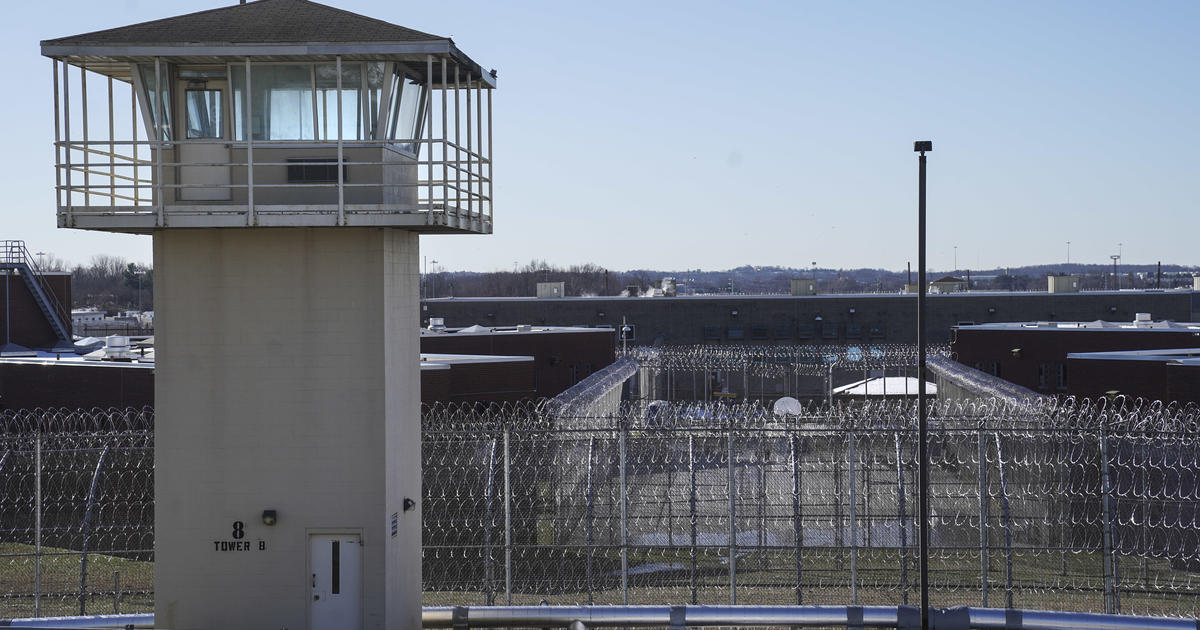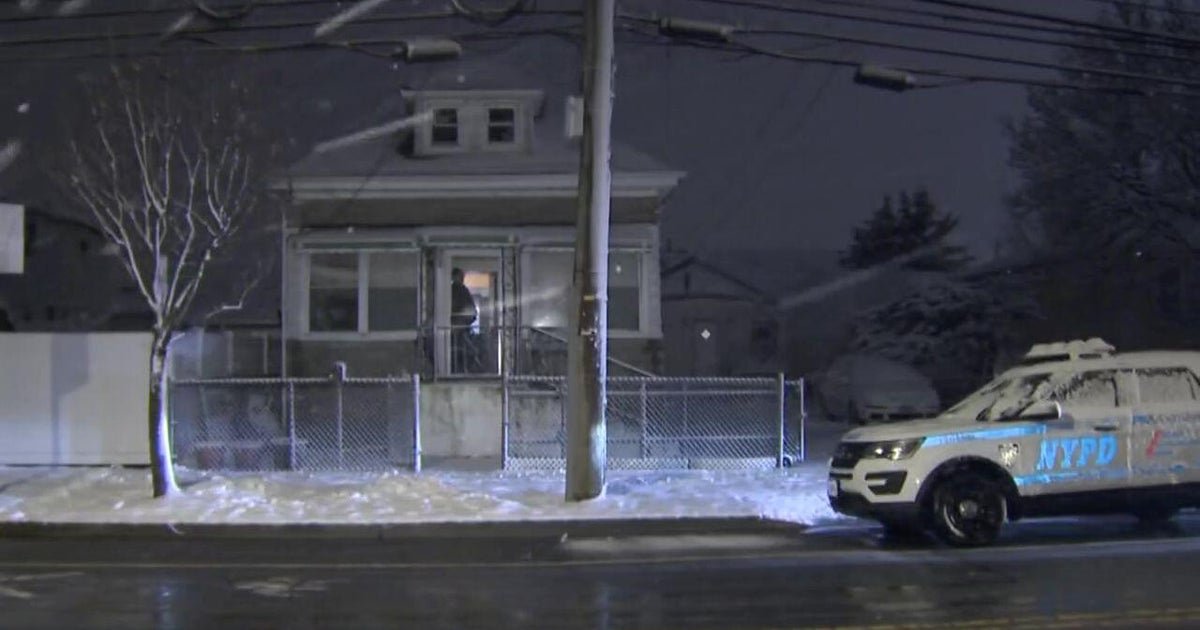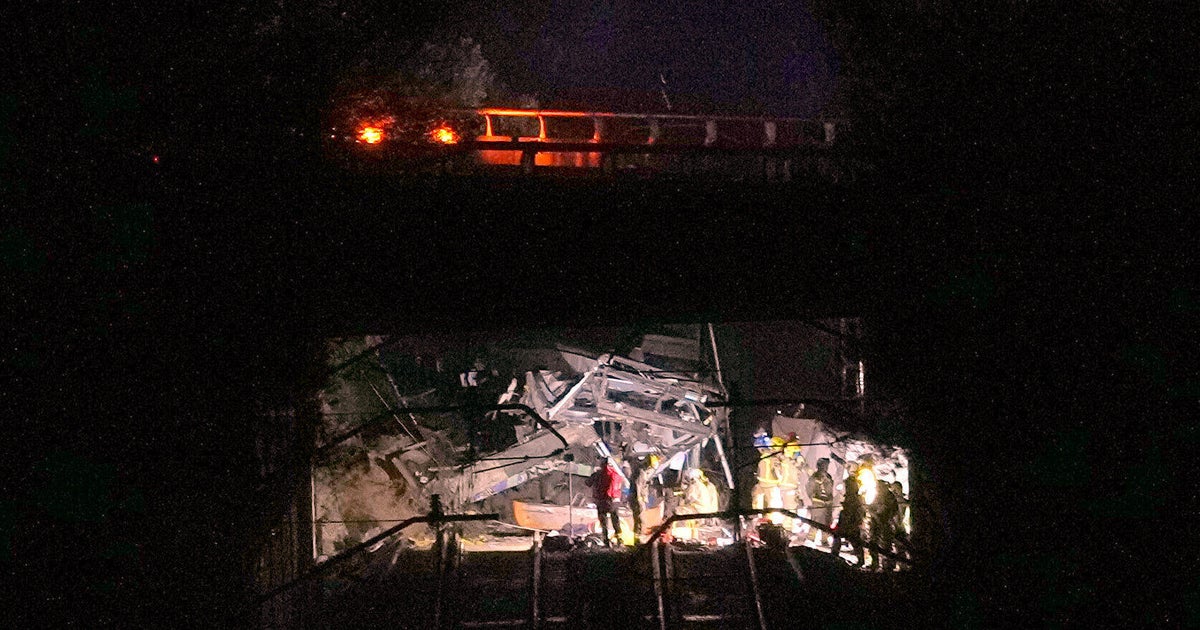Hong Kong's oldest zoo seeks answers after deaths of 9 monkeys, including critically endangered Tamarins
Hong Kong — A section of Hong Kong's oldest zoo was still closed Tuesday after nine monkeys, including three from a critically endangered species, died for reasons that remained a mystery, officials said. Zoo officials were investigating what caused the deaths of the monkeys, which included a De Brazza's Monkey, one Common Squirrel Monkey, three Cotton-top Tamarins and four White-faced Sakis, according to the Chinese region's leader.
"Necropsy and laboratory tests have been arranged immediately to help find out their cause of death," Hong Kong's Leisure and Cultural Services Department (LCSD) said in a statement Monday.
Cotton-top Tamarins — a type of small, tree-dwelling monkey native to the tropical forests of South America — are considered one of the most endangered species of primates in the world.
Fewer than 6,000 individuals are left in the wild, according to the Smithsonian's National Zoo and Conservation Biology Institute.
Eight of the monkeys, including the tamarins, were found dead Sunday at the zoo, while the fourth saki died on Monday after exhibiting unusual behavior, according to Hong Kong leader John Lee, who spoke at a weekly media briefing on Tuesday.
"Whenever we have any news, if there's a new development, an announcement should be made as soon as possible, so that everyone can know about the facts," Lee said, according to The Associated Press.
The LCSD said in a subsequent statement that one more De Brazza's monkey appeared to be exhibiting unusual behavior and would be kept under observation, but that all of the other 80 animals in the zooilogical gardens appeared to be in normal condition.
Metal barriers and plastic tape were set up to cordon off the zoo's mammal section Monday, with a notice of closure strapped to the gate, TV news video showed.
"While awaiting test results, the Mammals Section of (the zoo) will be closed from today for disinfection and cleaning works," the LCSD said Monday.
The deceased monkeys were among 93 mammals kept in the Hong Kong Zoological and Botanical Gardens, a 14-acre oasis in the city's prestigious Mid-Levels urban heartland that also houses reptiles and birds.
The gardens were transformed from the former official mansion of British colonial governors and opened to the public in 1871, beginning its zoological collection soon after.
